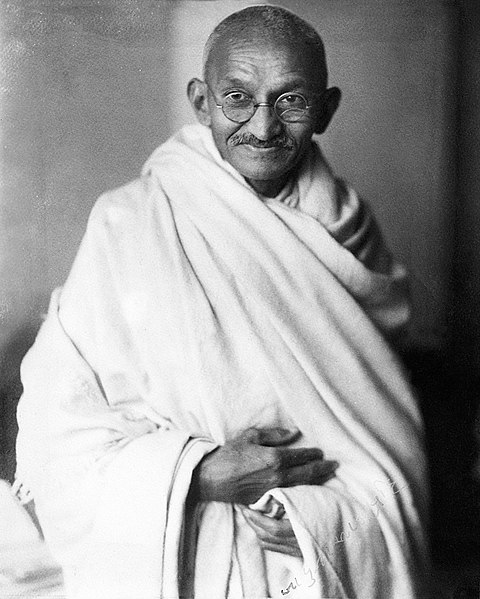
Remembering Mahatma Gandhi
As one of the greatest national and civil rights leaders of the 20th century, Mahatma Gandhi, shortened from Mohandas Karamchand Gandhi was born on October 2, 1869, in Porbandar, India.
Gandhi was born and raised in a Hindu merchant caste family in Gujarat, India. He traveled to London in 1888 to study Law at UCL until 1891. In 1893 he set off for a job with an Indian firm in South Africa, where he spent 21 years developing his political and ethical views.
The Influence Of South Africa On Gandhi
It was in South Africa that Gandhi’s journey to advocacy began. In his role as a young legal adviser, he witnessed the damage caused by race-oriented laws and class-based oppression. His four goals, as referenced in the book Gandhi, The Years That Changed The World, by Ramchandra Guha, were to free India from British occupation, to end untouchability, to improve relations between Hindus and Muslims, and to make India into a self-reliant nation.
In 1915, aged 45, he returned to India and after a period of long cross-country train journeys, he set about organising peasants, farmers, and urban labourers to protest against excessive land-tax and discrimination. He became a leafing figure in Indian politics for the next three decades. Finally, in 1947, his fight against British Imperialism culminated in the liberation of India.
Civil Rights And Inspiration
As an advocate for the civil rights of Indians, the ideals of Gandhi were Ahimsa (non-violence) and Satya (truth). He contributed to India’s struggle for freedom but also helped inspire people across the world to raise their voices against discrimination of caste (a form of social stratification), colour and religion. He also fought for civil rights for women; to him, a woman is a companion of man and gifted with equal rights of freedom and liberty. Women are the better half of humanity, not the weaker sex. He also encouraged the participation of women in politics.
Gandhi served as a lawyer, politician, and activist in the struggle for social justice and famously helped lead his people to independence from British rule through nonviolent protest. He passionately advocated for causes for which he struggled throughout his working life, and that life’s work should be an inspiration for everyone. One of his most famous quotes was “You must be the change you wish to see in the world.”
His philosophy of nonviolence, has, and continues to inspire civil rights leaders around the world. Five of the key lessons we can all learn from Gandhi are those of nonviolence, truth and honesty, forgiveness, perseverance and mindfulness.